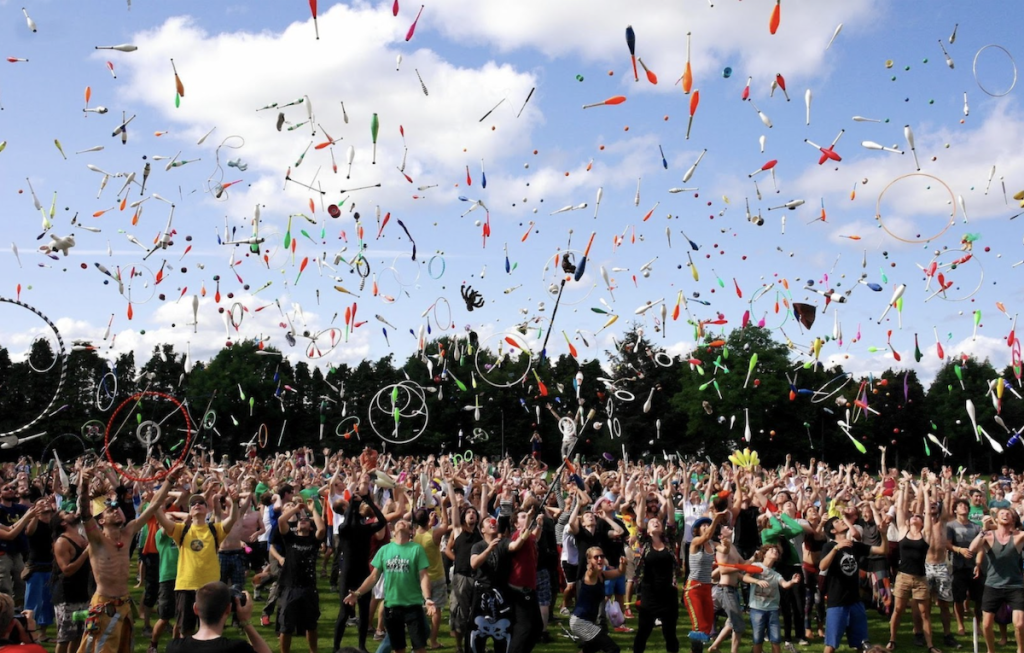Event marketing has become an essential strategy for businesses aiming to create buzz and increase brand exposure. This article explores the power of experiential marketing, the utilization of social media for event promotion, innovative ideas for event activation, and strategies to maximize brand exposure at live events.
Furthermore, it delves into the importance of measuring the success of event marketing campaigns. By adopting these agency solutions, businesses can effectively engage their target audience and enhance their overall marketing efforts.
The Power of Experiential Marketing
An effective approach to engaging consumers involves an event marketing agency, which specializes in creating and executing innovative marketing strategies. Experiential marketing has demonstrated its effectiveness in engaging consumers through immersive brand experiences. By creating interactive brand experiences, companies are able to captivate and connect with their target audience in a unique and memorable way.
One of the key advantages of experiential marketing is its ability to engage event attendees on a deeper level than traditional advertising methods. Rather than passively consuming information, attendees become active participants in the brand experience, which enhances their level of engagement and creates a lasting impression.
Through carefully crafted events and activations, brands can create an environment that stimulates all the senses and encourages active participation. This not only fosters a stronger connection between the consumer and the brand but also increases the likelihood of positive word-of-mouth recommendations and customer loyalty.
In an increasingly competitive market, experiential marketing provides companies with a strategic advantage by offering an innovative approach to engaging consumers at live events.
Leveraging Social Media for Event Promotion
Utilizing social media platforms enables event organizers to effectively promote their events and reach a wider audience. In today’s digital age, social media strategies play a crucial role in creating buzz and generating excitement for upcoming events. By leveraging the power of social media, event organizers can strategically plan and execute marketing campaigns that engage potential attendees on various platforms such as Facebook, Instagram, Twitter, and LinkedIn.
One effective strategy is to form influencer partnerships. Influencers are individuals who have a significant following on social media platforms and can influence the opinions and behaviors of their followers. Collaborating with influencers allows event organizers to tap into their existing audience base and leverage their credibility to create hype around the event.
To maximize the impact of these partnerships, it is essential to choose influencers whose content aligns with the event’s theme or target audience. Additionally, providing influencers with exclusive access or incentives can further incentivize them to promote the event organically.
Innovative Event Activation Ideas
Innovative event activation ideas can enhance attendee engagement and create memorable experiences.
One such idea is the use of interactive installations to immerse attendees in a unique and engaging environment. These installations can range from virtual reality experiences to interactive art displays, allowing attendees to actively participate in the event rather than passively observe.
By incorporating technology and creativity, interactive installations create a sense of wonder and excitement that traditional events may lack. Additionally, these immersive experiences provide opportunities for networking and collaboration among attendees as they navigate through the installation together.
The use of innovative event activation ideas not only increases attendee engagement but also leaves a lasting impression, making the event more memorable and likely to be shared with others.
Maximizing Brand Exposure at Live Events
Maximizing brand exposure at live events can be achieved through strategic and well-executed approaches that effectively communicate the brand’s message to a targeted audience.
One way to achieve this is by incorporating interactive booth displays that capture attendees’ attention and encourage active engagement with the brand. These displays could include virtual reality experiences, gamification elements, or touch-screen interfaces that allow visitors to interact with the brand in a memorable and immersive way.
Another effective strategy is to collaborate with influencers who have a strong online presence and a following that aligns with the target audience. By partnering with these influencers, brands can leverage their reach and credibility to amplify their message before, during, and after the event. This collaboration can take various forms such as product endorsements, social media takeovers, or influencer-led workshops or presentations at the event.
Measuring the Success of Event Marketing Campaigns
To accurately assess the effectiveness of event marketing campaigns, it is important to establish clear and measurable objectives that align with the overall goals of the brand and use appropriate metrics to evaluate the campaign’s impact.
One key metric for evaluating the success of an event marketing campaign is Return on Investment (ROI) measurement. By analyzing the financial outcomes in relation to the resources invested in the campaign, brands can determine if their event marketing efforts have been profitable.
Additionally, data analytics play a crucial role in measuring the success of event marketing campaigns. By collecting and analyzing data on attendee demographics, engagement levels, social media interactions, and conversion rates, brands can gain insights into their target audience’s preferences and behaviors.
This information can then be used to refine future event marketing strategies and maximize their impact.


